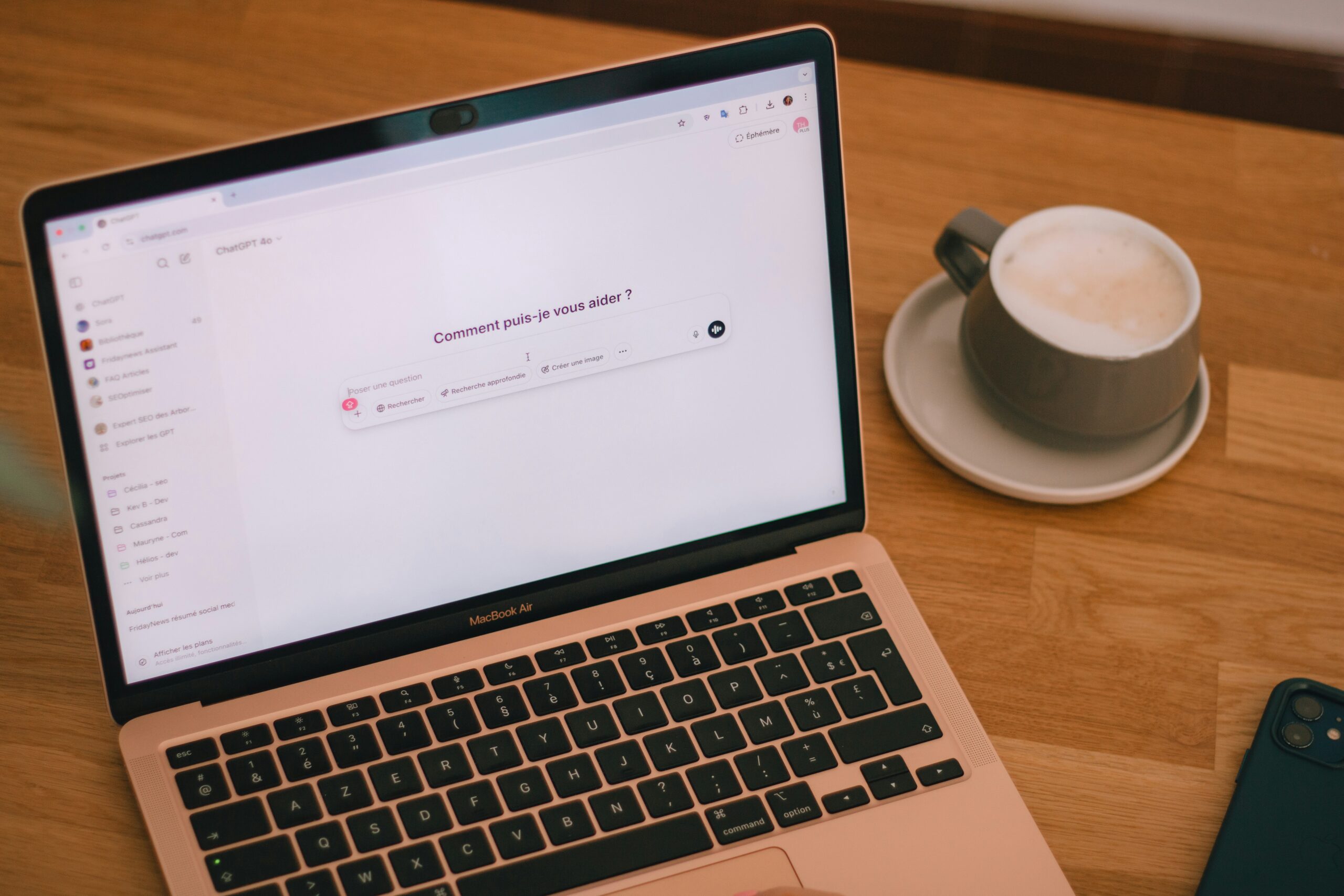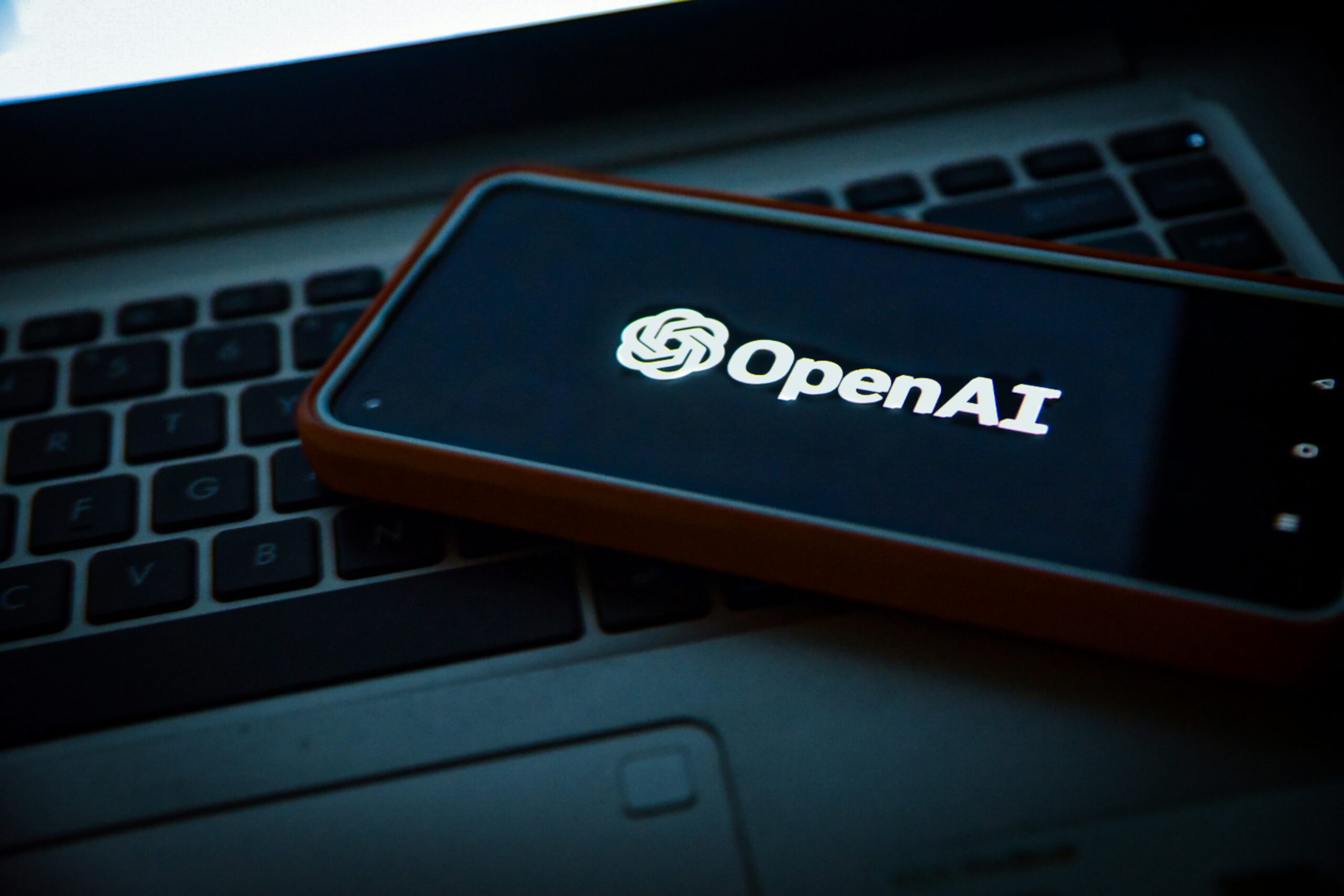Introduction
Artificial Intelligence is no longer just about answering questions — it’s about understanding people. From personal assistants to finance trackers, AI is evolving into something more adaptive, personalized, and human-like. And now, with the news that OpenAI acquires Roi, the industry has been given another powerful signal: personalization is the true future of software.
Roi, a New York–based personal finance app, wasn’t just another investment tracker. It was designed as a financial companion, blending smart insights with an AI-driven personality. With this deal where OpenAI acquires Roi, the company is making it clear that the next frontier of consumer AI lies in deep personalization.
This article explores why the headline “OpenAI acquires Roi” is more than just another acquisition update — it’s a blueprint for the future of AI-powered personalization.
What You’ll Learn in This Article
-
What made Roi stand out from other apps
-
Why it matters that OpenAI acquires Roi
-
The bigger picture of personalization in AI
-
How this deal fits into OpenAI’s growing ecosystem of consumer apps
🏦 What Was Roi and Why It Mattered
Founded in 2022, Roi aimed to simplify finance by aggregating a user’s entire financial world — stocks, crypto, NFTs, real estate, and DeFi assets — into one easy-to-use app. But it wasn’t the aggregation that set Roi apart; it was the personalization.
Unlike cold and impersonal finance dashboards, Roi allowed users to set how they wanted the AI to interact with them.
For example:
-
A Gen-Z trader could tell Roi: “Talk to me like I’m a kid who loves memes. Keep it short, roast me if needed.”
-
Roi’s AI would then deliver updates in sarcastic, meme-like language:
“Bro, you got cooked today. Lost $32,459 because of tariffs. Might be dip-buying time though.”
-
A traditional investor, meanwhile, could request professional, detailed reports with charts and breakdowns.
This flexibility made Roi one of the most human-like finance apps ever built. It wasn’t just providing financial data; it was providing personalized experiences.
This shift isn’t isolated — at Apple WWDC 2025, Apple also emphasized personalization in its Foundation Models. Together, these signals show a tech-wide pivot toward consumer-first personalization.
💰 Roi’s Journey: Funding and Vision
According to PitchBook, Roi raised $3.6 million in early-stage funding from top investors like Spark Capital, Gradient Ventures, Balaji Srinivasan, and Spacecadet Ventures.
Its mission was clear: make investing accessible to everyone by building the most personalized financial experience.
CEO Sujith Vishwajith and co-founder Chip Davis brought their experience from Airbnb, where even small tweaks in user experience drove millions in revenue. They applied the same thinking to Roi — focusing not only on what data users get, but how they experience it.
As Roi’s founders put it:
“The products we use every day won’t remain static, predetermined experiences. They’ll become adaptive, deeply personal companions that understand us, learn from us, and evolve with us.”
This philosophy is exactly what caught OpenAI’s eye.
🚀 OpenAI Acquires Roi: The Deal That Redefines Personalization
In October 2025, OpenAI officially announced the acquisition of Roi. Unlike traditional buyouts, this was an acqui-hire: Roi’s CEO Sujith Vishwajith is joining OpenAI, while the app itself will shut down on October 15.
The acquisition was first reported by TechCrunch AI Coverage, confirming that only Vishwajith is making the jump — the rest of the four-member team won’t be part of OpenAI. Terms of the deal remain undisclosed.
Still, the acquisition isn’t about technology transfer. It’s about expertise in personalization. Vishwajith’s experience in designing adaptive, user-centric AI products will directly contribute to OpenAI’s growing portfolio of consumer applications.
🔍 Why It Matters That OpenAI Acquires Roi
OpenAI has been shifting gears in 2025. Instead of focusing solely on APIs for developers, it has started investing heavily in consumer-facing products.
Recent examples include:
-
Pulse → delivers personalized daily news briefings.
-
Sora → AI-powered TikTok-like video platform with custom user content.
-
Instant Checkout → allows users to shop directly within ChatGPT.
This shift also ties into how personalization impacts security and trust in AI systems — something we explored in detail in our guide on AI in security.
By bringing in Roi’s expertise, OpenAI can push these apps even further toward human-like personalization.
Just like Roi could adapt its tone for a Gen-Z trader or a cautious investor, OpenAI’s apps could evolve to adapt communication styles, preferences, and even emotional tone based on user needs.
This aligns with OpenAI’s vision: AI should feel less like a tool and more like a companion.
🧩 Acqui-Hires: A Growing Trend
The Roi acquisition isn’t an isolated case. Throughout 2025, OpenAI has been aggressively pursuing acqui-hires to build talent depth in consumer AI.
Some notable examples:
-
Context.ai → expertise in conversation analytics.
-
Crossing Minds → recommendation engine startup.
-
Alex → personalization-focused AI tools.
By combining these teams, OpenAI is building a dream squad of personalization experts. Roi’s entry adds another dimension: expertise in financial AI companions, which could eventually be applied to personal finance tools inside ChatGPT or even new standalone apps.
🌍 The Future of Consumer AI: Personalization at Scale
The acquisition of Roi highlights a broader trend: personalization is becoming the core of consumer AI.
Generic chatbots may answer questions, but they don’t build trust, engagement, or loyalty. On the other hand, apps that understand your tone, habits, risk preferences, and communication style will keep you coming back.
Imagine a future where:
-
Your news app delivers updates in a tone you actually enjoy.
-
Your finance assistant explains investments in the language you understand.
-
Your fitness app adapts workouts to your mood and motivation level.
-
Your productivity app not only tracks tasks but predicts what you need before you ask.
This is the world OpenAI is building — and the OpenAI acquires Roi deal is one more step toward that reality.
🔮 Conclusion: A Future of Smarter, More Human AI
The phrase “OpenAI acquires Roi” may sound like just another tech headline, but it represents a pivotal moment in the evolution of AI. This deal is not about finance or apps — it’s about reshaping the way we interact with software itself.
By embracing personalization, OpenAI is betting on a future where AI doesn’t just assist, it adapts. Where software isn’t static, but grows with us. Where tools are not cold utilities, but warm, responsive companions.
For readers interested in what other tech giants are doing, don’t miss our latest coverage on Google Gemini AI Updates.
As Sujith Vishwajith once said:
“Personalization isn’t just the future of finance. It’s the future of software.”
With Roi’s DNA now part of OpenAI, that future feels closer than ever.


Pingback: Best Online Brokers 2025: Top Trading Platforms Compared - faheemansari